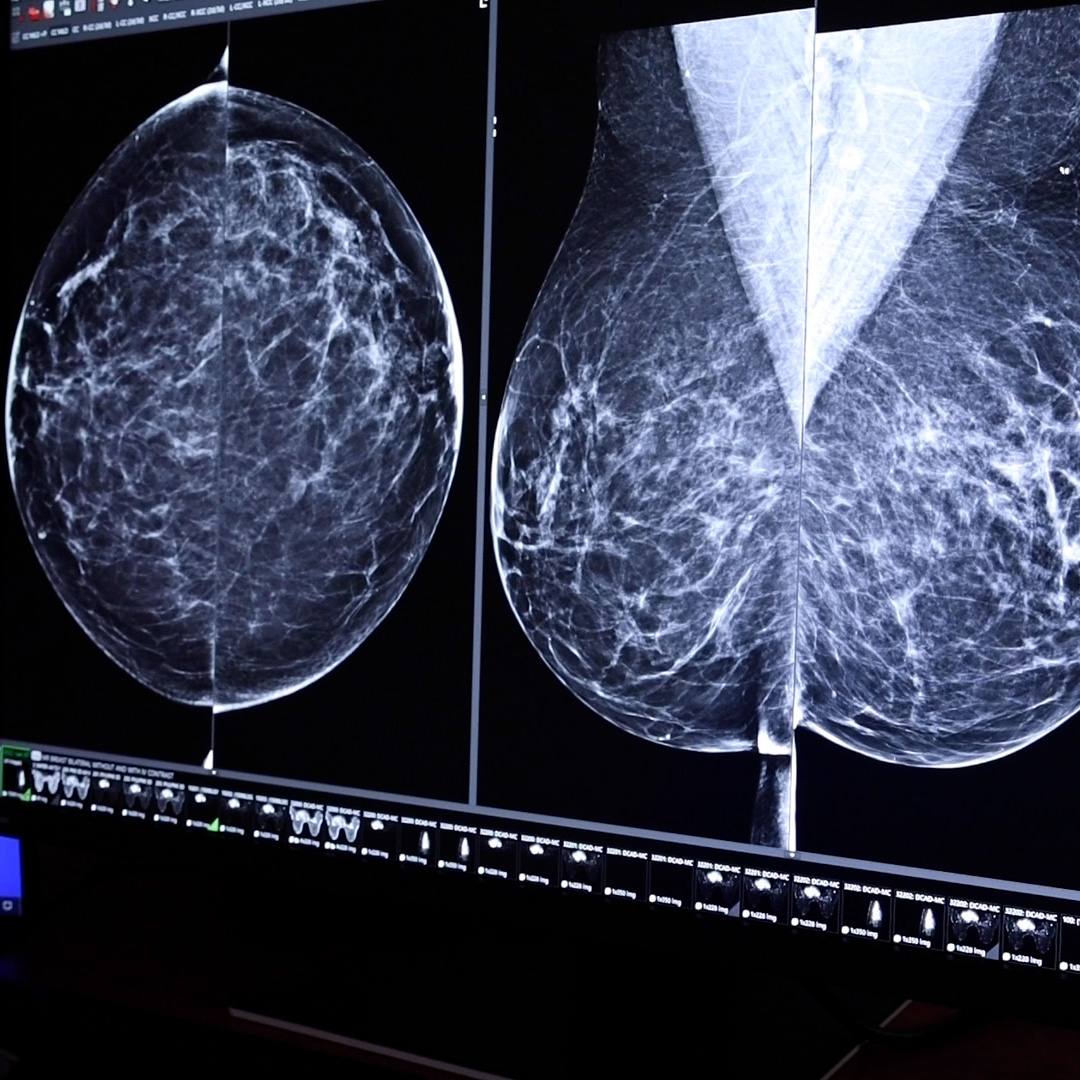-
Mayo Clinic Minute
Mayo Clinic Minute: What is Takayasu’s arteritis?
You've been feeling fatigued, lost a little weight, and had some muscle aches and pains, and your doctor can't determine what's wrong. What seem like symptoms of a common cold could actually be early signs of something called vasculitis, a group of disorders of the blood vessels that often go undiagnosed for years.
In this Mayo Clinic Minute, Jason Howland explores one of the rarer forms of vasculitis, Takayasu's arteritis.
Journalists: Broadcast-quality video (1:10) is in the downloads at the end of this post. Please courtesy: "Mayo Clinic News Network." Read the script.
Takayasu's arteritis is a rare type of vasculitis, a group of conditions that cause blood vessel inflammation.
"It is in the category of large vessel vasculitis, meaning that it involves the aorta, that's the largest artery in the body, and its main branches," says Dr. Kenneth Warrington, a Mayo Clinic rheumatologist.
The inflammation causes the arteries to narrow or thicken. It can weaken blood vessel walls and potentially cause aneurysms, and eventually lead to stroke or heart failure.
"Takayasu's arteritis can be serious, particularly if not recognized or treated promptly," he says.
Dr. Warrington says early detection is key, but with a long list of symptoms similar to many other health issues, getting to that diagnosis isn't straightforward.
"Autoimmune diseases can be difficult to diagnose, but certainly need to be considered. So that, again, treatment can be started before there is progressive damage from the conditions," he says.
Takayasu's arteritis, like many other forms of vasculitis, is typically treated with drugs, like prednisone.
"In some patients were able to control it with medications, but there is still the possibility of progression of the disease and of flare-ups during the chronic phase of the disease," says Dr. Warrington.







